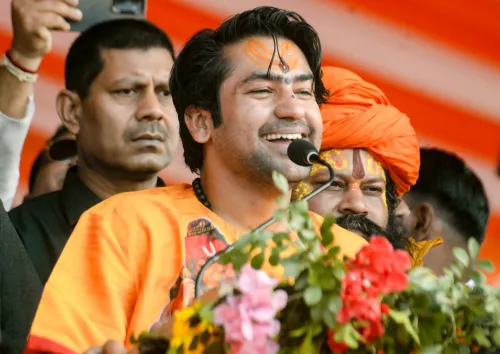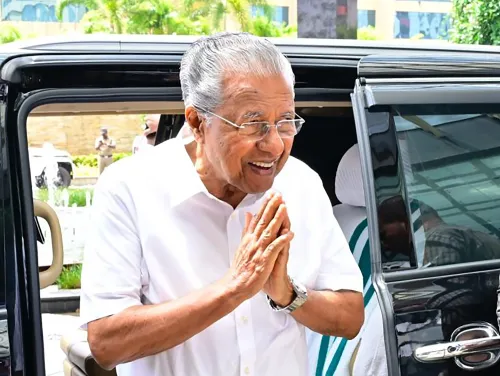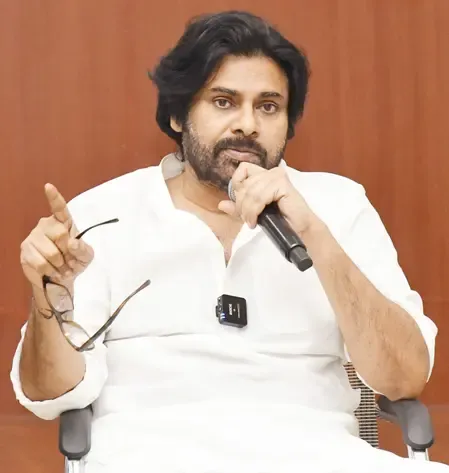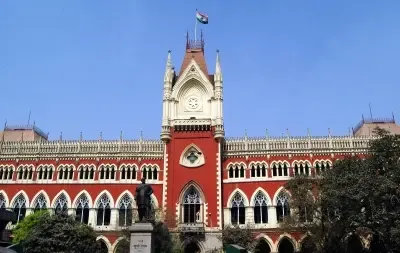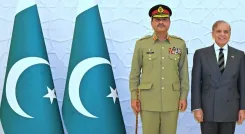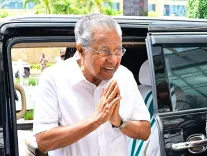Will Chinese Foreign Minister Wang Yi Visit India Next Week?
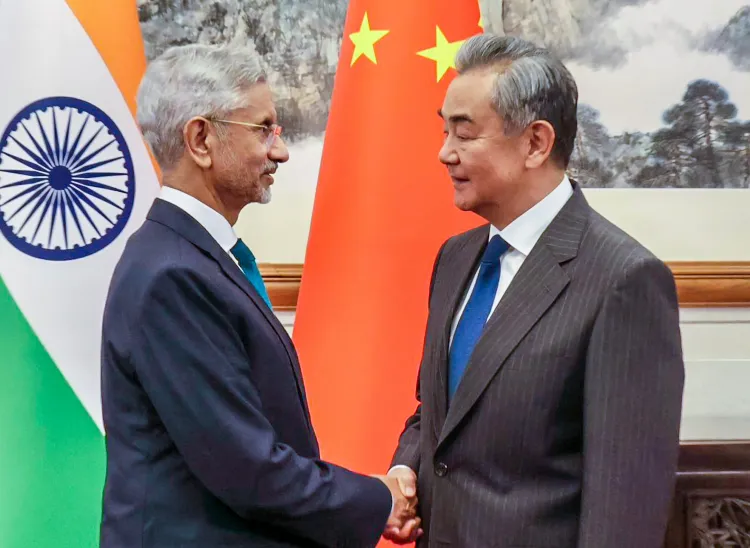
Synopsis
Key Takeaways
- Wang Yi will visit India on August 18.
- His visit is part of the Special Representative mechanism.
- Prime Minister Modi will attend the SCO Summit in Tianjin.
- This will be Modi's first trip to China since the Galwan clash.
- Dialogue seeks to improve bilateral relations.
Beijing/New Delhi, Aug 13 (NationPress) The Chinese Foreign Minister Wang Yi is slated to arrive in India on August 18 for discussions within the framework of the Special Representative mechanism, as per reports released on Wednesday.
This visit comes just ahead of Prime Minister Narendra Modi's journey to China for the Shanghai Cooperation Organisation (SCO) Summit, which will be hosted in Tianjin later this month.
On August 8, China expressed its support for PM Modi's attendance at the SCO Summit.
During a briefing on Friday, Guo Jiakun, spokesperson for the Chinese Foreign Ministry, stated: "China welcomes Prime Minister Modi to China for the SCO Tianjin Summit. We are confident that with the joint efforts of all parties involved, the Tianjin summit will be a meeting of unity, friendship, and productive outcomes, ushering the SCO into a new phase of high-quality development marked by increased solidarity, coordination, vitality, and effectiveness."
Furthermore, he noted, "China will host the SCO Summit in Tianjin from August 31 to September 1 this year. Leaders from over 20 nations, including all SCO member states and heads of 10 international organizations, are expected to participate in related events. This SCO Tianjin Summit will mark the largest gathering since the inception of the SCO," he added.
PM Modi is anticipated to travel to China to attend the SCO Summit scheduled for Tianjin from August 31 to September 1. Notably, this will be his first trip to China since the Galwan clash in 2020, which significantly impacted bilateral relations.
The progress in bilateral discussions, the first following the Galwan Valley incident involving military personnel from both nations at the Line of Actual Control (LAC) in June 2020, was achieved after India and China came to an agreement regarding patrolling along the approximately 3500-km LAC to resolve the four-year-long border standoff.
In July, External Affairs Minister S. Jaishankar visited China to participate in the Meeting of the Council of the Ministers of Foreign Affairs in Tianjin. He also engaged in discussions with his Chinese counterpart during the meeting's sidelines and met with Chinese President Xi Jinping, alongside fellow SCO Foreign Ministers.
Earlier in June, Defence Minister Rajnath Singh traveled to China for the SCO Defence Ministers Meeting. India declined to endorse the joint declaration at this meeting, citing the omission of terrorism-related concerns as a principal reason.
India insisted that concerns about terrorism be included in the document, which was not acceptable to one specific nation; hence, the statement was not adopted. During his visit, Singh had a "constructive and forward-looking exchange of views" with his Chinese counterpart, Admiral Don Jun, regarding bilateral relations.
In June, National Security Advisor Ajit Doval also visited China to partake in the 20th Meeting of the SCO Security Council Secretaries. During his address at the meeting, he underscored the necessity to abandon double standards in the fight against terrorism and to take decisive measures against UN-sanctioned terrorists and entities like LeT, JeM, and their affiliates, dismantling their terror networks.


